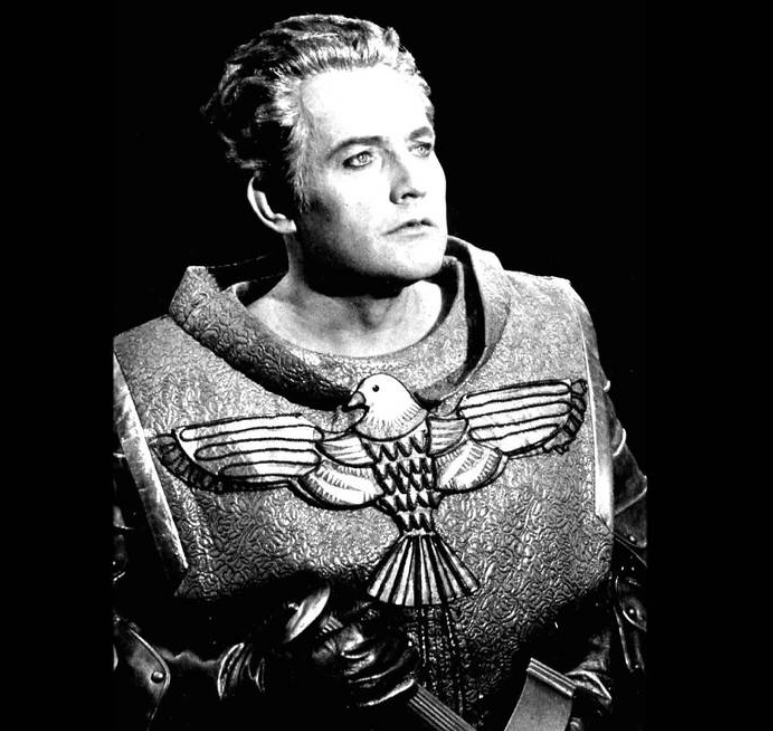Episode 392. Ernst Kozub Revisited (Verdi Edition)
SOCIAL SHARE
SUBSCRIPTION PLATFORM
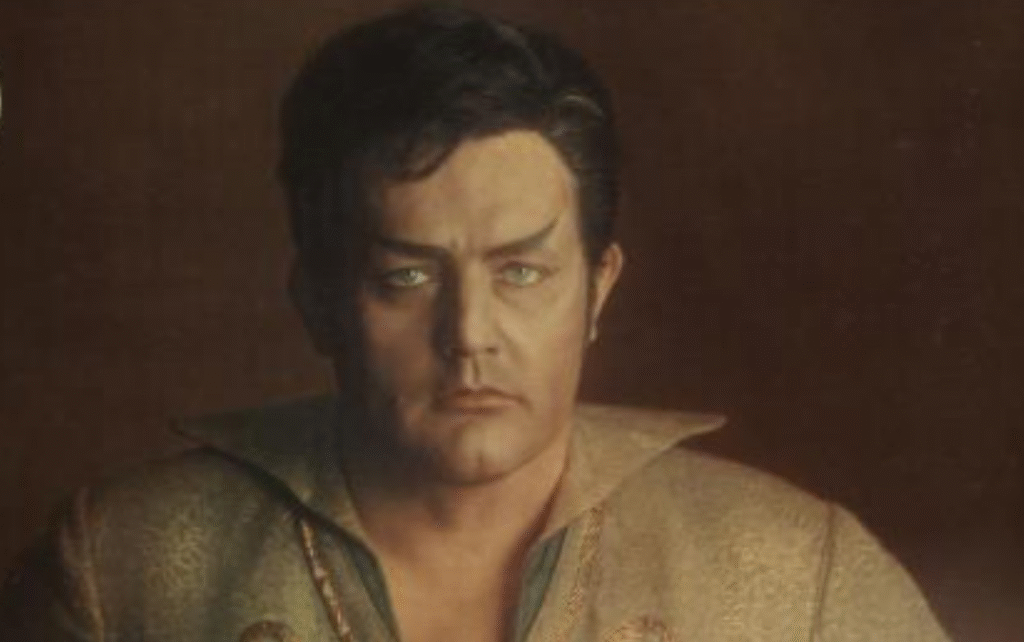
Since posting a tribute to German heldentenor Ernst Kozub last year, I have continued combing through both his live and studio output and I have concluded that his work in Verdi is at least as good as his work in Wagner. And that’s saying something! I have a wonderful setlist here which features the great Heldentenor singing everything from the lyric tenor parts of Alfredo in La Traviata and the Duke (or should I say the Herzog?!) in Rigoletto to the dramatic roles of Manrico in Der Troubadour, Radames in Aida and the title role of Otello. Between these two extremes, arias from Luisa Miller, Macbeth, and Ein Maskenball ring out with vigor and even some occasional subtlety! Excerpts from live performances of Don Carlos and La forza del destino (the only Verdi heard here in Italian) from the stage of the Hamburg Opera (where Kozub was fest between 1962 and his premature death in 1971) are a special treat, especially with in duet with phenomenal (though nearly forgotten) colleagues Norman Mittelmann, Vladimir Ruždjak, and Edith Lang (who will be featured next week in an upcoming episode). Legendary German stars Rita Streich and Franz Crass are also heard opposite Kozub in the recording studio. The episode opens with George London singing an excerpt from Mendelssohn’s Elias under the baton of the late Christoph von Dohnányi, who died over the weekend two days before his 96th birthday.
RECORDINGS HEARD IN THIS EPISODE
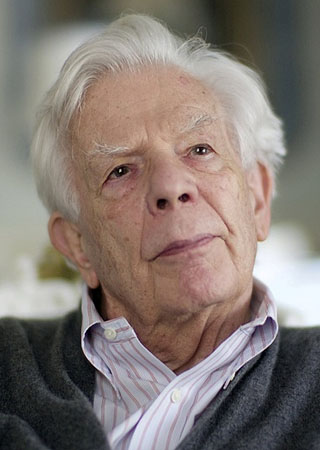
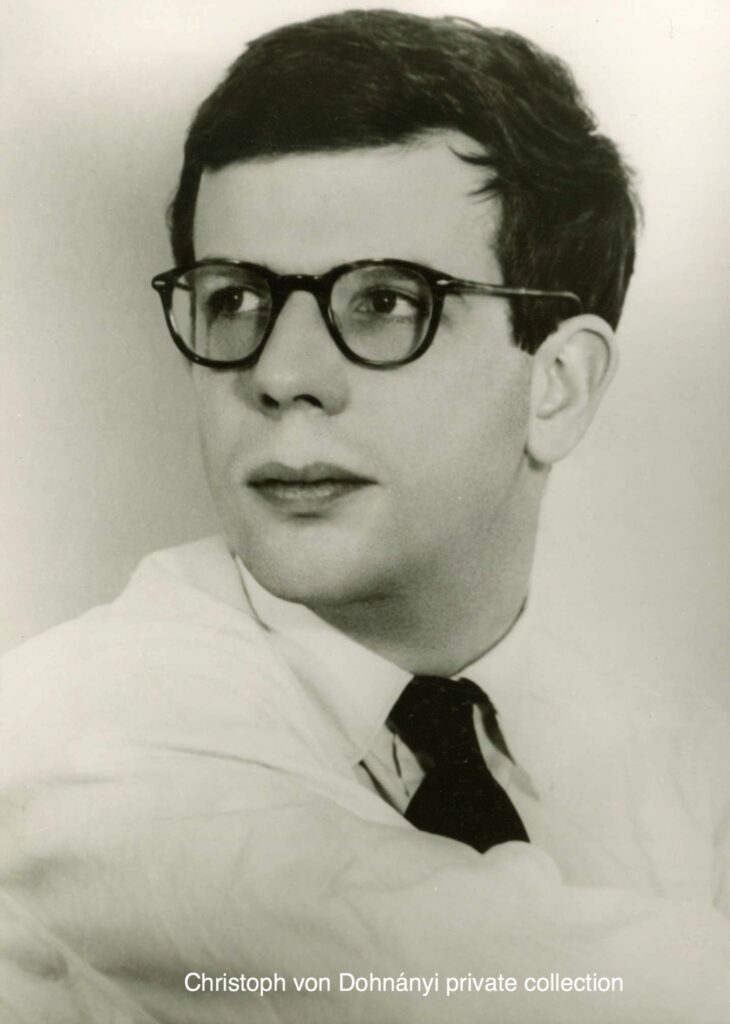
Felix Mendelssohn, Julius Schubring [after Old Testament texts]: Es ist genug! (Elias). George London, Christoph von Dohnányi, Orchester des Westdeutschen Rundfunks Köln [live Köln 05.1962]
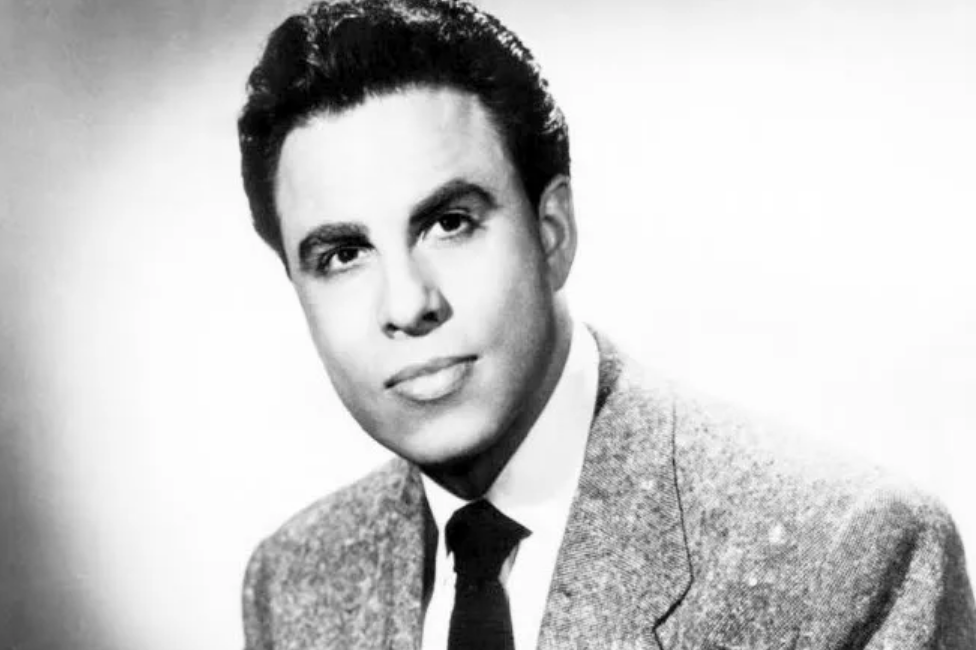
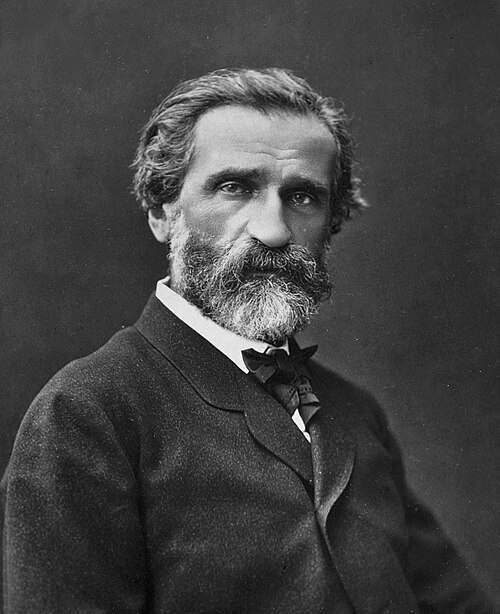
All remaining tracks are composed by Giuseppe Verdi and sung by German Heldentenor Ernst Kozub.
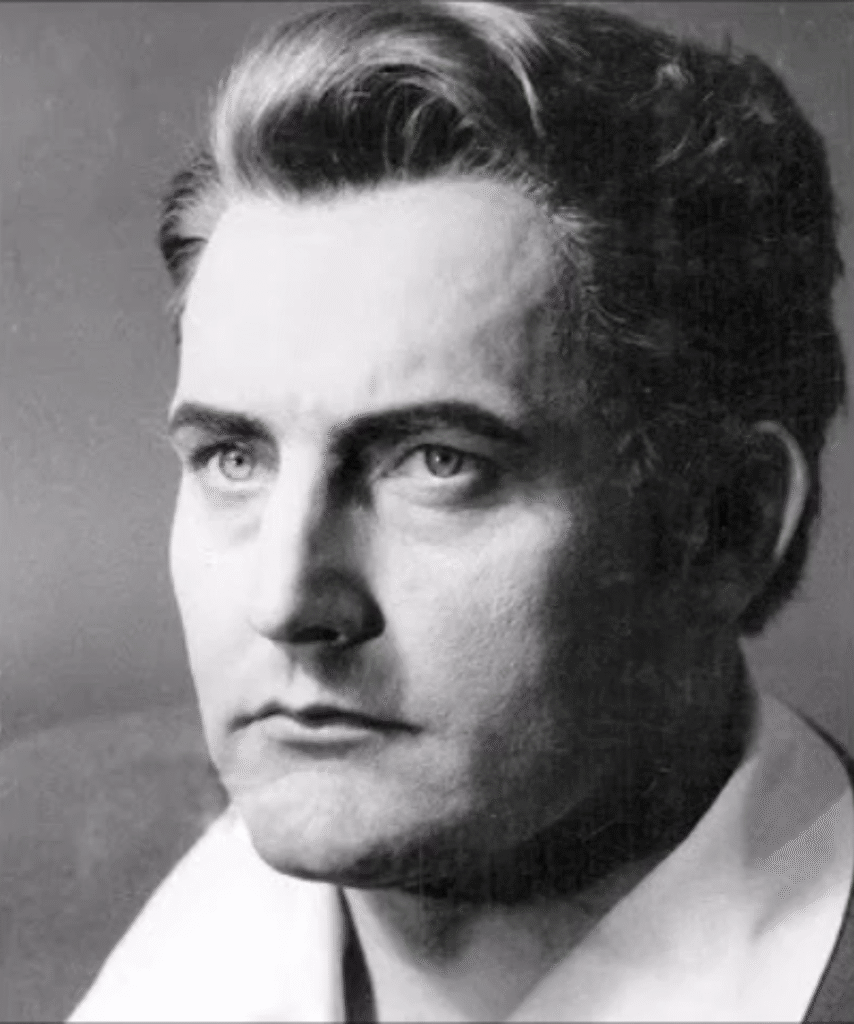
from Rigoletto (libretto by Francesco Maria Piave [after Victor Hugo; German translation by Johann Christoph Grünbaum]):
- O wie so trügerisch sind Weiberherzen [La donna è mobile]. Horst Stein, Berliner Philharmoniker [1962]
- Als Tänzerin erschienst du mir… Holdes Mädchen, sieh meine Leiden [Un dì, se ben rammentomi… Bella figlia dell’amore]. Gisela Vivarelli, Hildegard Rütgers, Horst Stein, Berliner Philharmoniker [1962]
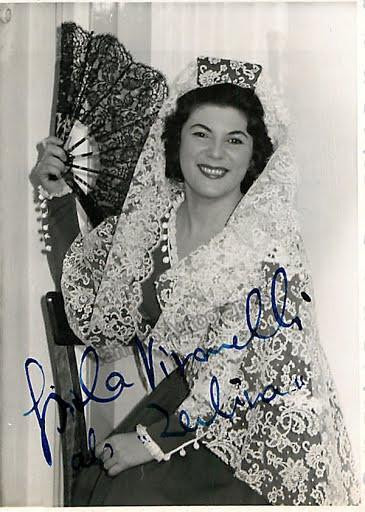
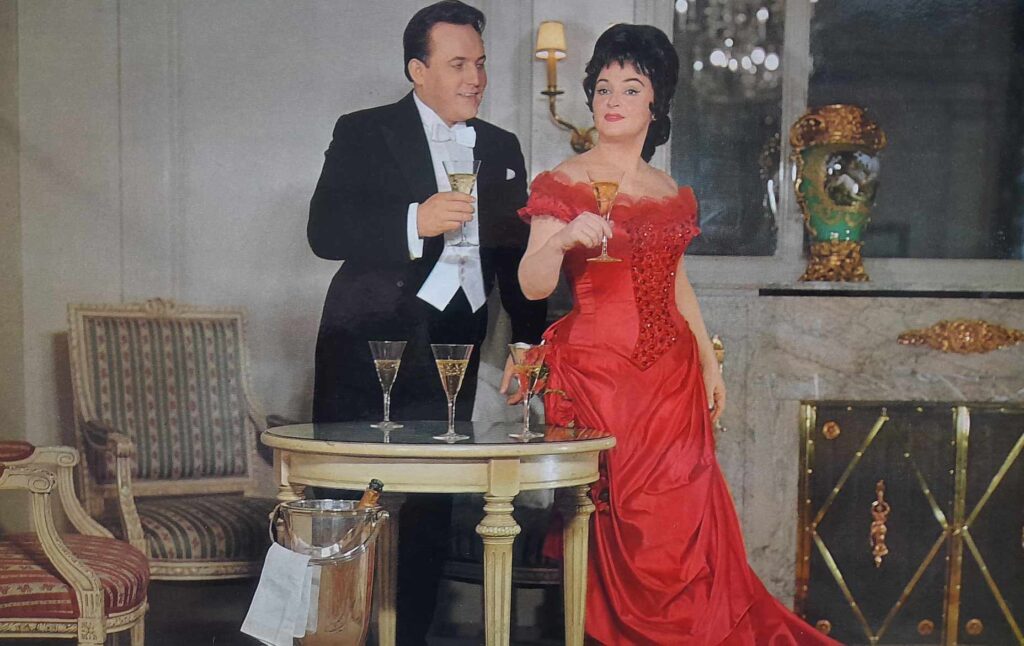
from La Traviata (libretto by Francesco Maria Piave [after Alexandre Dumas fils]:
- So hold, so reizend [Un dì, felice]. Rita Streich, Robert Wagner, Großes Opernorchester [1963]
- O laß uns fliehen aus diesen Mauern [Parigi, o cara]. Rita Streich, Robert Wagner, Großes Opernorchester [1963]
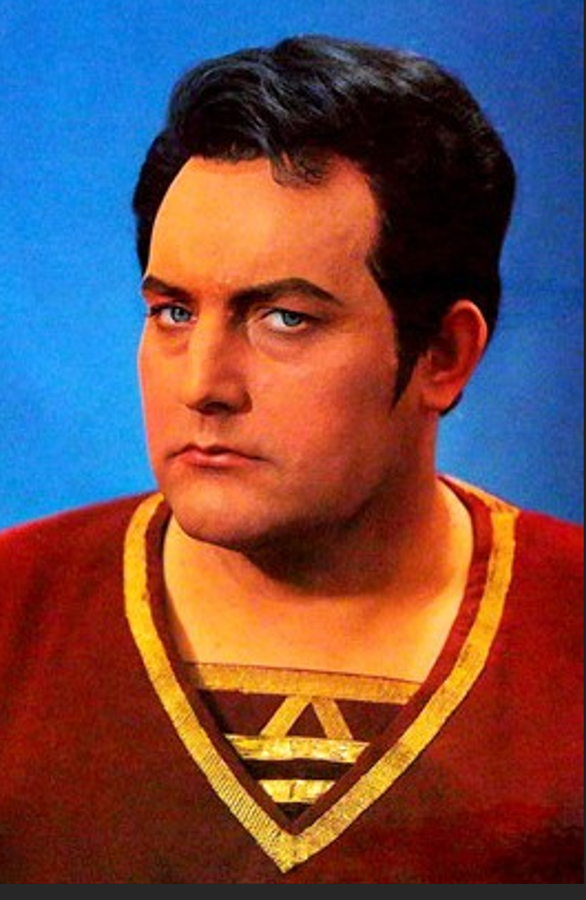
from Der Troubadour (libretto by Salvadore Cammarano [after Antonio García Gutiérrez; unknown German translator]:
- Dass nur für dich mein Herz erbebt… Lodern zum Himmel seh’ ich die Flammen [Ah, sì, ben mio… Di quella pira]. Robert Wagner, Großes Opernorchester [1964]
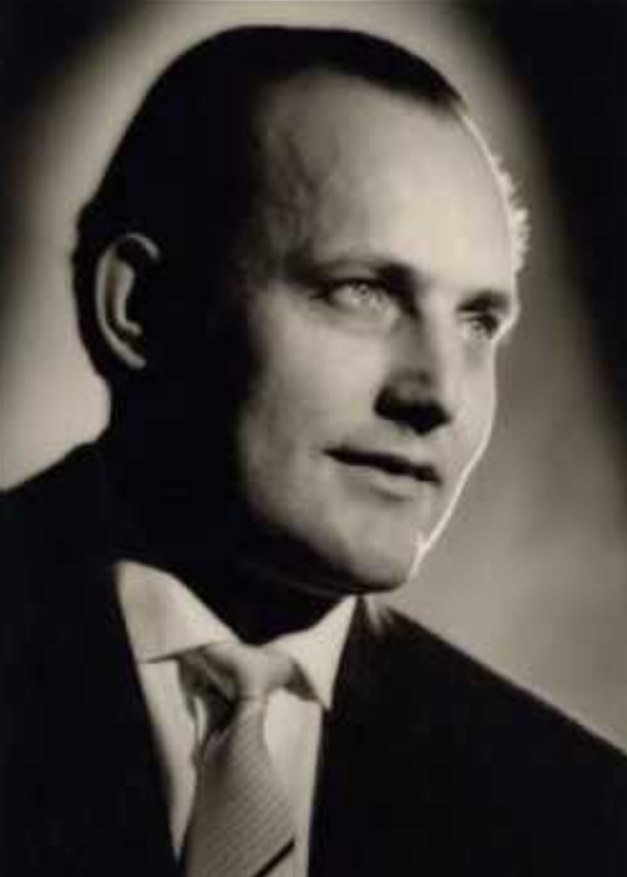
from Luisa Miller (libretto by Salvadore Cammarano [after Friedrich Schiller]:
- O wenn mich meine Augen… Wenn wir in lauer Frühlingsnacht [Oh! Fede negar potessi… Quando le sere al placido]. Robert Wagner, Großes Opernorchester [1964]
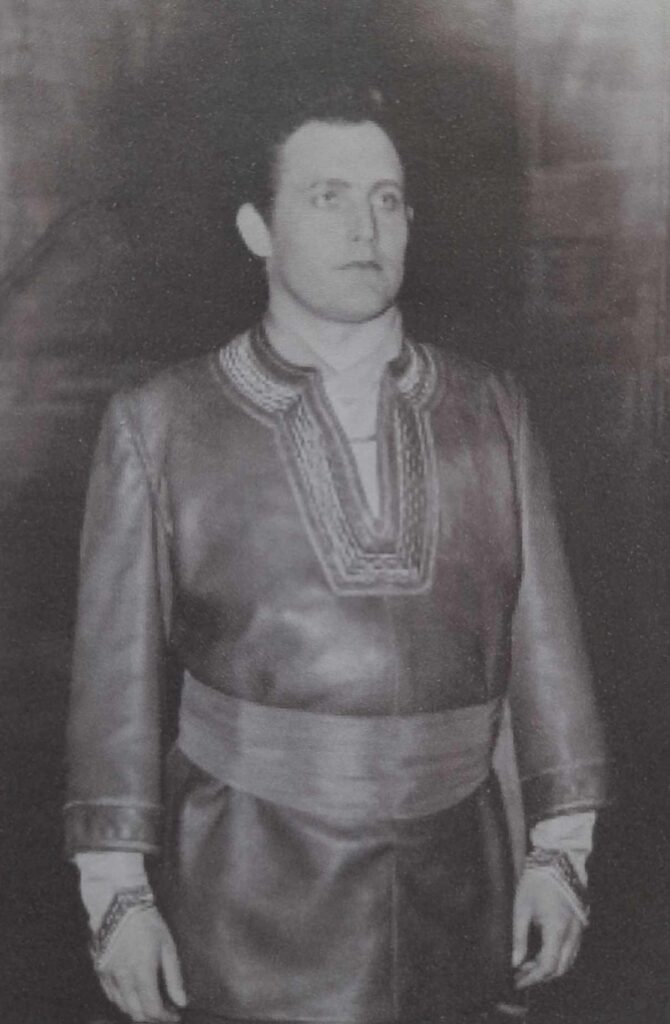
from Macbeth (libretto by Francesco Maria Piave, Andrea Maffei [after William Shakespeare; unknown German translator]:
- Ihr Kinder, o meine Kinder [O figli, figlio miei… Ah, la paterna mano]. Robert Wagner, Großes Opernorchester [1964]
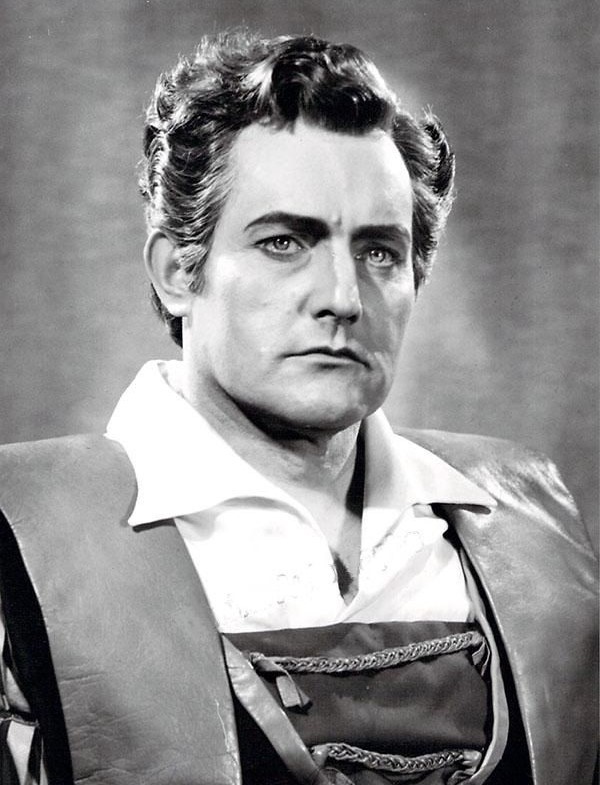
from Ein Maskenball (libretto by Antonio Somma [after Eugène Scribe; unknown German translator]:
- O sag, wenn ich fahr’ auf schäumenden Wogen [Di’ tu, se fedele]. Robert Wagner, Großes Opernorchester [1964]
- Wohl kam im sicher in Heime… Doch heißt mich auf [Forse la soglie attinse… Ma se m’è forza perderti]. Robert Wagner, Großes Opernorchester [1964]
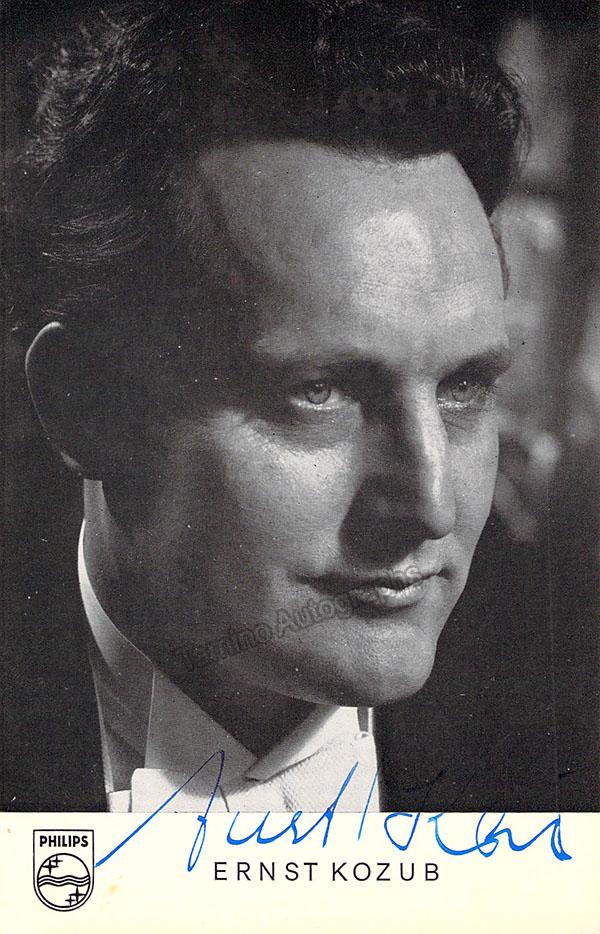
from Aida (libretto by Antonio Ghislanzoni [after Auguste Mariette]:
- Holde Aida [Celeste Aida]. Robert Wagner, Orchester des Landestheaters Innsbruck [1964]
- Gott, der du Beschützer bist [Nume, custode e vindice]. Franz Crass, Robert Wagner, Orchester und Chor des Landestheaters Innsbruck [1964]
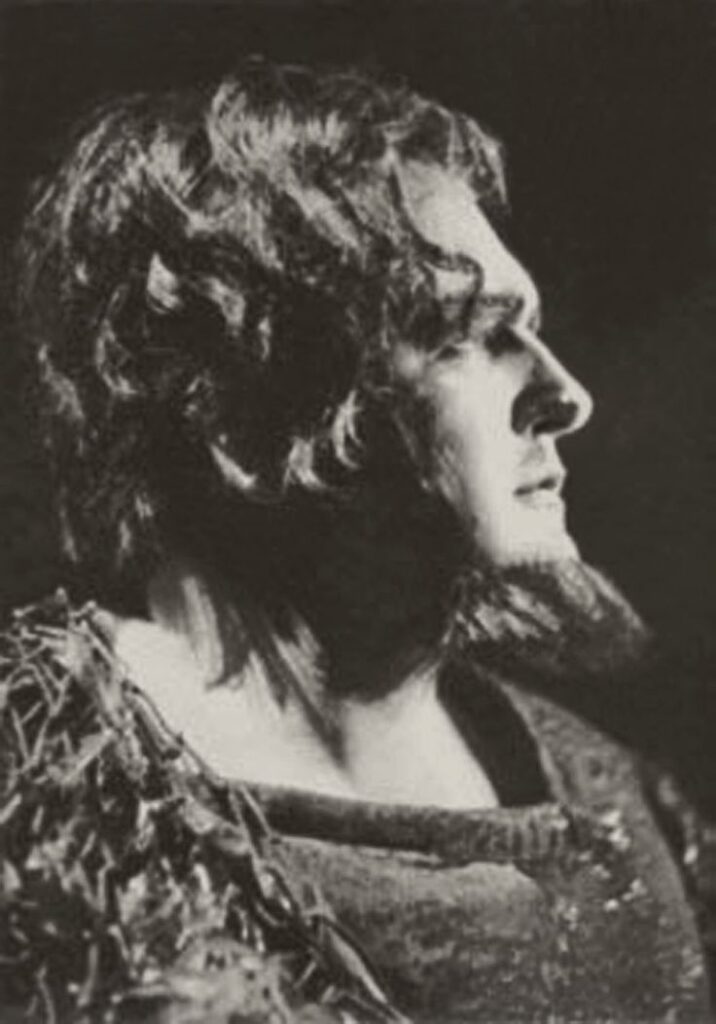
from Don Carlos (libretto Joseph Méry, Camille du Locle [after Friedrich Schiller, German version by Franz Werfel]:
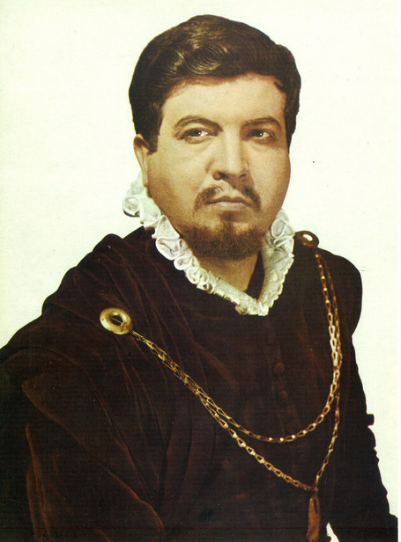
- Ich bin verraten… Nie werd’ ich den Tag vergessen… Er ist’s, Carlos!… Gott, der entflammte der liebe [Io l’ho perduta… Io la vidi… È lui, desso… Dio, che nell’anima infondere]. Vladimir Ruždjak, Leopold Ludwig, Hamburgisches Staatsorchester [live Hamburg 17.XII.1968]
- Wiedersehen wird uns werden einst in schöneren Welten [Ma lassù ci vedremo]. Edith Lang, Leopold Ludwig, Hamburgisches Staatsorchester [live Hamburg 02.XII.1968]
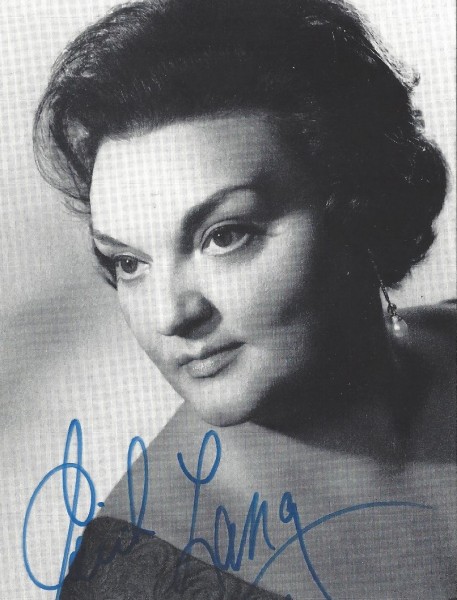
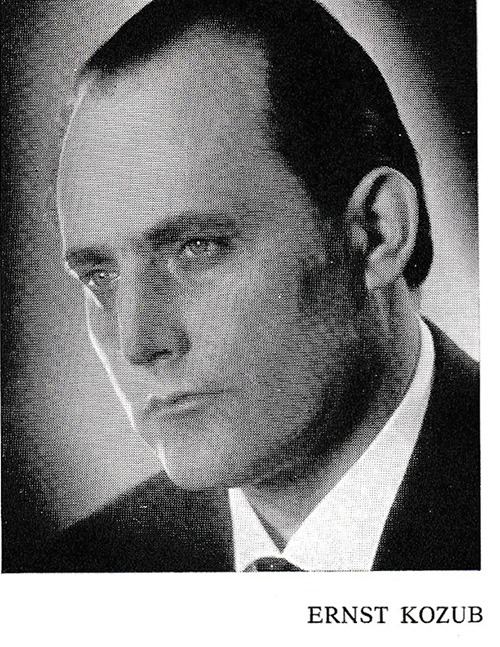
from La forza del destino (libretto by Francesco Maria Piave [after Ángel de Saavedra]:
- Ah, per sempre, o mio bell’angiol… Seguirti fino agl’ultimi confine della terra. Edith Lang, Marek Janowski, Hamburgisches Staatsorchester [live Hamburg 15.IX.1970]
- La vita è inferno… O tu che in seno agli angeli. Marek Janowski, Hamburgisches Staatsorchester [live Hamburg 15.IX.70]
- Le minaccie, i fieri accenti… Ah, segnasti la tua sorte! Norman Mittelmann, Marek Janowski, Hamburgisches Staatsorchester [live Hamburg 15.IX.70]
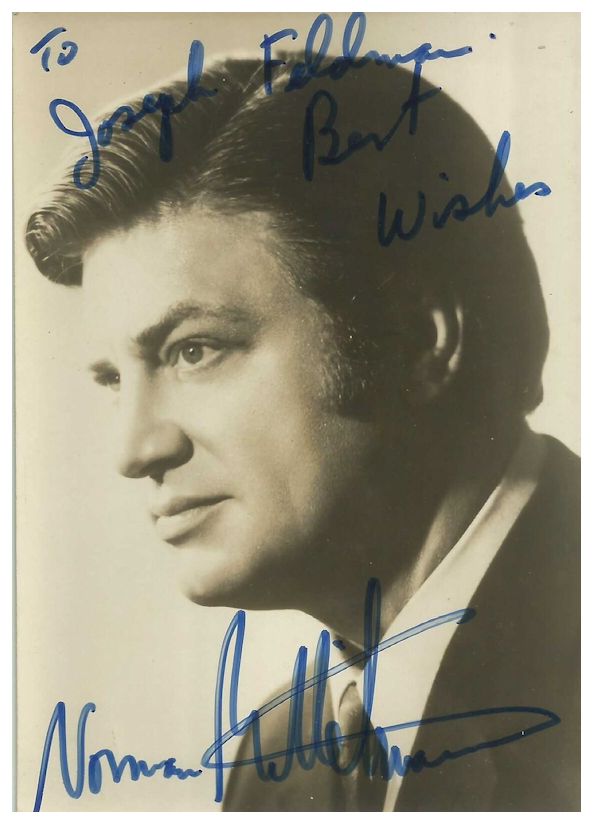
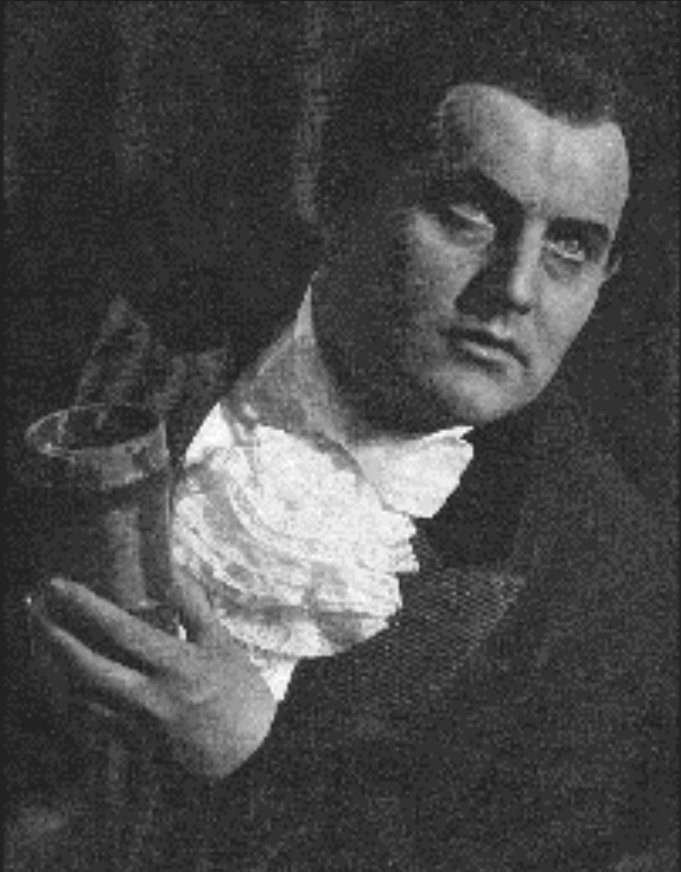
from Othello (libretto by Arrigo Boito [after William Shakespeare; unknown German translator]:
- Gott, warum hast du gehäuft [Dio, mi potevi scagliar]. Robert Wagner, Großes Opernorchester [1964]
- Jeder Knaben kann mein Schwert mir entreißen [Niun mi tema]. Franz Bauer-Theussl, Orchester der Wiener Volksoper [1965]
